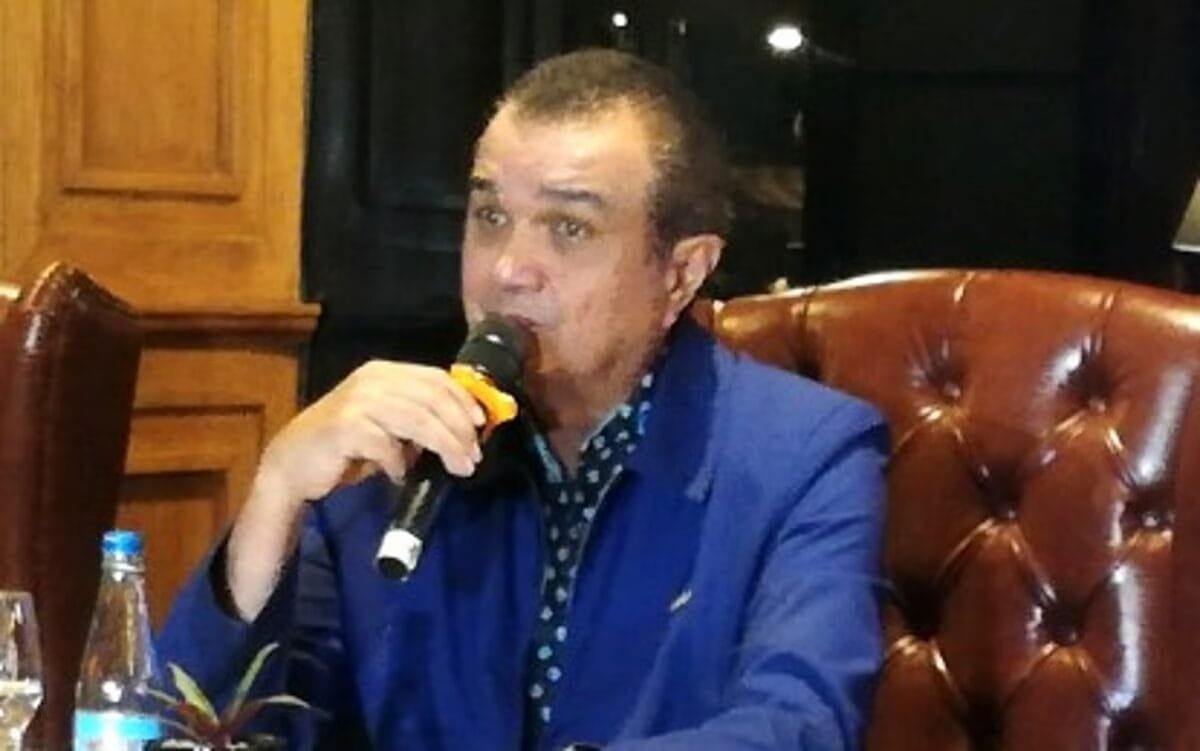A groundbreaking initiative is underway in Baguio City aimed at addressing the city’s long-standing waste management challenges. The PHP3 billion (USD55 million) waste-to-energy project, located in Sablan, Benguet, is expected to produce 15 megawatts (MW) of energy, thereby significantly reducing the city’s waste burden while generating renewable energy.
Tackling Waste Management Issues
Baguio City has been grappling with waste management issues for years. The city’s growing population and its status as a major tourist destination have contributed to an escalating waste problem. The introduction of the waste-to-energy project is seen as an essential step in mitigating these issues. This project is anticipated to handle the city’s solid waste more effectively, reducing the volume of waste that ends up in landfills.
Project Implementation and Benefits
The waste-to-energy project is designed to convert waste materials into usable energy through processes such as combustion, gasification, and anaerobic digestion. The resulting energy will be fed into the local grid, providing a sustainable source of electricity for the city. Moreover, this initiative aligns with the city’s efforts to cultivate environmental sustainability and reduce its carbon footprint.
Local officials are optimistic about the project’s potential benefits. Aside from addressing waste management problems, the project is expected to create job opportunities for residents, stimulate local economic growth, and serve as a model for other cities facing similar challenges. Additionally, the project contributes to the national government’s goal of increasing renewable energy’s share in its energy mix.
Future Prospects and Sustainability
The waste-to-energy project in Sablan is part of a broader strategy to improve Baguio City’s waste management system. In conjunction with this project, the city plans to implement other measures, such as enhanced waste segregation, recycling programs, and public awareness campaigns about waste reduction.
Furthermore, the project is expected to complement existing waste management plans, such as the establishment of an engineered sanitary landfill and the adoption of a simulated GIS-based collection system. These measures aim to streamline waste collection and disposal, thereby enhancing overall efficiency and sustainability.
Community Involvement and Education
A key component of the project’s success will be the participation of its community. The local government plans to engage residents through educational campaigns to raise awareness about the value of proper waste management and the benefits of the waste-to-energy project. By promoting a culture of environmental responsibility, the city hopes to encourage residents to be actively involved in waste reduction and recycling efforts.
Conclusion
The 15MW waste-to-energy project in Sablan, Benguet, represents a significant milestone in Baguio City’s quest to improve its waste management system. By converting waste into renewable energy, the project addresses both environmental and energy challenges, paving the way for a more sustainable future. As the project progresses, the city remains committed to implementing comprehensive waste management strategies and promoting community involvement to ensure long-term success.
Source: 15MW energy project to help Baguio City on waste management

